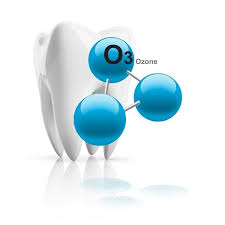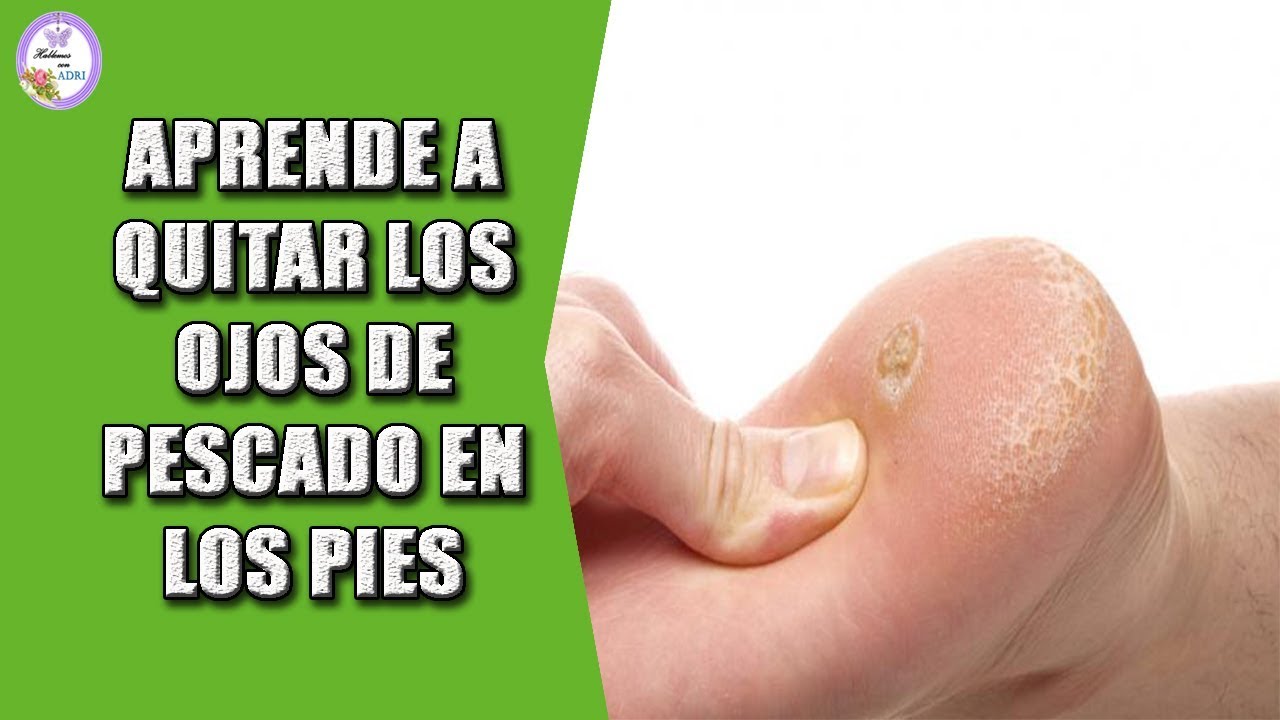Ozone Water In Dentistry

The application of ozone water in dentistry has been a subject of increasing interest in recent years, given its potential to revolutionize various dental procedures. Ozone, a molecule consisting of three oxygen atoms, is known for its strong disinfectant properties, making it an attractive agent for reducing bacterial loads and promoting healing in the oral cavity. When dissolved in water, ozone creates ozonated water, which has been explored for its efficacy in dental care.
Introduction to Ozonated Water
Ozonated water is created by infusing ozone gas into water. This process can be achieved through various methods, including injecting ozone gas into water under pressure or using an ozone generator that produces ozone from oxygen in the air, which is then bubbled into the water. The resulting ozonated water contains ozone in a dissolved state, which remains effective for a certain period, depending on factors like the initial concentration of ozone, storage conditions, and the presence of organic matter.
Applications in Dentistry
The use of ozonated water in dentistry is multifaceted, ranging from oral hygiene and prevention to therapeutic applications. Some of the key areas where ozonated water is being explored or is already in use include:
- Periodontal Treatment: Ozonated water has been shown to be effective against bacteria that cause periodontal diseases. Its use in pocket irrigation and as a mouthwash can help reduce pocket depths and improve overall periodontal health.
- Tooth Decay Prevention: The antibacterial properties of ozonated water make it a potential tool in preventing tooth decay. It can be used to disinfect tooth surfaces, reducing the likelihood of caries formation.
- Endodontic Therapy: In root canal treatments, ozonated water can be used for irrigation to remove infected tissue and bacteria from the root canal system, potentially improving the success rate of endodontic therapy.
- Mouthwash and Oral Hygiene: As a mouthwash, ozonated water can help reduce plaque, gingivitis, and halitosis. Its use can be particularly beneficial for patients who have difficulty maintaining oral hygiene due to certain medical conditions or disabilities.
- Wound Healing: The application of ozonated water in promoting wound healing after dental surgeries is another area of interest. Its antimicrobial action can reduce the risk of infection, while its ability to increase oxygen delivery to tissues may enhance healing processes.
Mechanisms of Action
The effectiveness of ozonated water in dental applications stems from several mechanisms:
- Antimicrobial Action: Ozone is a potent oxidizing agent that can disrupt the cell membranes of microbes, leading to their death. This makes ozonated water effective against a wide range of bacteria, viruses, and fungi.
- Oxygenation: By increasing the availability of oxygen in tissues, ozonated water may enhance the healing process and support the body’s natural defenses against infection.
- Anti-inflammatory Effects: Some studies suggest that ozonated water may have anti-inflammatory properties, which could be beneficial in reducing swelling and pain associated with dental infections and surgeries.
Safety and Efficacy
While ozonated water shows promise in dentistry, its safety and efficacy must be thoroughly evaluated. The concentration of ozone, the method of application, and the duration of treatment are critical factors that can influence outcomes. It is also essential to ensure that ozonated water is used in compliance with established dental practices and under the guidance of a professional, as improper use could lead to adverse effects.
Future Directions
The future of ozonated water in dentistry looks promising, with ongoing research aimed at fully understanding its potential benefits and limitations. As with any therapeutic agent, standardization of preparation methods, dosage, and administration protocols will be crucial for widespread adoption. Furthermore, studies comparing the efficacy of ozonated water with conventional dental treatments will provide valuable insights into its place within the dental care arsenal.
Conclusion
Ozonated water represents an innovative approach to various challenges in dentistry, offering a potential alternative or adjunct to traditional treatments. Its broad antimicrobial spectrum, ease of application, and possible benefits in wound healing make it an attractive option for dental professionals seeking to enhance patient care. As research continues to unveil the full potential of ozonated water, it is likely that its role in dentistry will expand, contributing to more effective, patient-centered care.
What is ozonated water, and how is it used in dentistry?
+Ozonated water is water that has been infused with ozone, a molecule composed of three oxygen atoms. In dentistry, it is used for its disinfectant properties to treat periodontal diseases, prevent tooth decay, and as an adjunct in endodontic therapy and oral hygiene practices.
Is ozonated water safe for use in dental treatments?
+When used properly and under professional guidance, ozonated water is considered safe. However, improper use or excessive exposure to ozone can lead to adverse effects, emphasizing the need for standardized protocols and professional oversight.
What are the potential benefits of using ozonated water in dental care?
+The potential benefits include its broad-spectrum antimicrobial action, which can help reduce bacterial loads and promote healing, as well as possible anti-inflammatory effects and the enhancement of wound healing processes.



